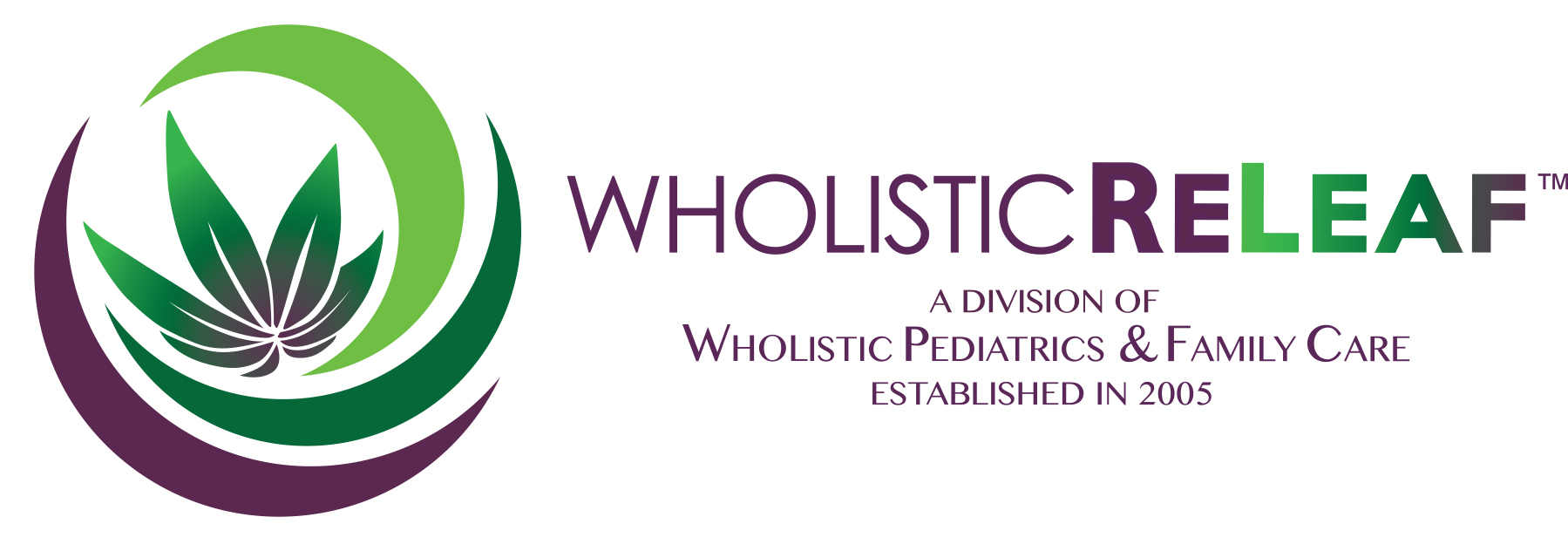 Although cardiovascular disease is the leading cause of death, the most feared for many is cancer. Likely, this is because the majority of people have experienced family and friends who have undergone cancer treatments. Seeing firsthand the side effects as well as the negative impacts on quality of life that can come from cancer is devastating. Despite attempts to stop or slow cancer, some treatments have resulted in fatal consequences including an ineffectiveness in preventing the progression of cancer or complications related to the treatment itself.
Although cardiovascular disease is the leading cause of death, the most feared for many is cancer. Likely, this is because the majority of people have experienced family and friends who have undergone cancer treatments. Seeing firsthand the side effects as well as the negative impacts on quality of life that can come from cancer is devastating. Despite attempts to stop or slow cancer, some treatments have resulted in fatal consequences including an ineffectiveness in preventing the progression of cancer or complications related to the treatment itself.
To give patients the best care, cancer experts in the U.S. annually review, research, update and publish detailed standards of care. Oncologists use the National Comprehensive Cancer Network (NCCN) guidelines, which includes treatment algorithms. Tumor boards in individual treatment facilities then individualize these protocols. “The multidisciplinary team discusses how to best apply appropriate standard of care including identifying circumstances where appropriate management requires adapting the NCCN Guidelines®. “
In 2018, the federal Right to Try law was enacted to provide terminally ill patients access to drugs that were in the FDA-approval process but not yet approved. Though this law is an improvement, it does not address non-pharmaceutical treatments or drugs not yet (or unlikely to be) approved by the FDA. Furthermore, treatments that fall outside of the NCCN guidelines frequently incur high financial costs for patients.
Most current cancer strategies do not focus on the prevention of cancer. Instead, they involve early detection with screening tests such as labs, chest x-rays, colonoscopies, pap smears, and mammograms.
What can you do to SCREEN for cancers?
- Follow the American Cancer Association Guidelines
- Get routine cancer screening tests such as pap smears, breast ultrasounds, and, thermography
- Get screening colonoscopies
- Have annual skin cancer checks
- Check routine labs such as Complete Blood Count (CBC), Complete Metabolic Profile, Urinalysis, Iodine, Copper, vitamin D, and Zinc
What can you do now to help PREVENT cancers?
Many cancer preventative interventions involve personal life choices.
- Avoid sugar, processed food, simple carbohydrates, and red meat.
- Avoid foods or food preparation techniques that potentially increase hormone levels such as microwaving in plastic or consuming foods containing hormones.
- Avoid smoking and excessive alcohol consumption.
- Avoid toxic pesticides, cleaning, and household supplies (use greener, nontoxic alternatives).
- Avoid non-organic foods with the highest levels of pesticides (see EWG’s Dirty Dozen).
- Prioritize regular, moderate exercise.
- Restrict calories by following a ketogenic diet or 15% carbohydrate reduction.
- Eat 5-10 servings of vegetables daily, especially in the form of cruciferous veggies (such as broccoli, cauliflower, cabbage) or green juices.
- Improve microflora and gut function by performing a complete stool analysis (CSA) using cultured foods, and/or adjusting probiotics and other GI supporting treatments. These depend on the risks and benefits in regards to individual test results, immune status, and currently-prescribed treatments.
What can else can you do IF YOU ARE DIAGNOSED with cancer?
NCCN guidelines are often the only choices offered to cancer patients. Some patients search for alternative treatments that offer more hope and potentially fewer side effects or quality of life changes.
- Speak to your provider and oncologist (cancer specialist) about treatment options.
- Get a second opinion from another oncologist or integrative cancer specialist.
- Before beginning treatment, consider advanced diagnostic testing, such a whole cell cytometric profiling, liquid biopsies, as well as advanced genomic profiling.
- Improve microflora before treatment to help improve immune system functions effectiveness of immunotherapy
Get Cancer Support
Wholistic Pediatrics & Family Care offers supportive integrative primary care for cancer patients who are being treated by an oncologist and/or integrative cancer specialist and can offer referrals to other specialists as needed.
- Research and discuss with your provider any supportive, new, integrative, or alternative treatments that you are considering such as IV vitamin C and Immune Support IV therapy,LDN (low dose naltrexone) and Hyperbaric Oxygen Therapy , and Medical Cannabis.
- Here is a link to Dr. David’s recent blog Cannabis Curing Cancer? Here’s What We Know.
Cancer’s Effect on Mental Health
A cancer diagnosis can be scary and bring out intense feelings, depression, and anxiety. The disease may further impact people who must regularly manage their mental health. Seeking help from mental health professionals is essential. It is equally vital to shift the focus away from an emotional response of fearing cancer to a proactive response that includes taking action to prevent and/or treat cancer. Excessive fear elevates levels of glucose and cortisol, both of which negatively affect the immune system and the body’s ability to fight cancer growth. No matter your current health status, it is best to focus on what you can do now to prevent cancer and enjoy time with your family and friends.
The quality of every person’s well being is very important to us at Wholistic Pediatrics and Family Care. We are committed to doing everything possible to optimize both your physical and mental health.

